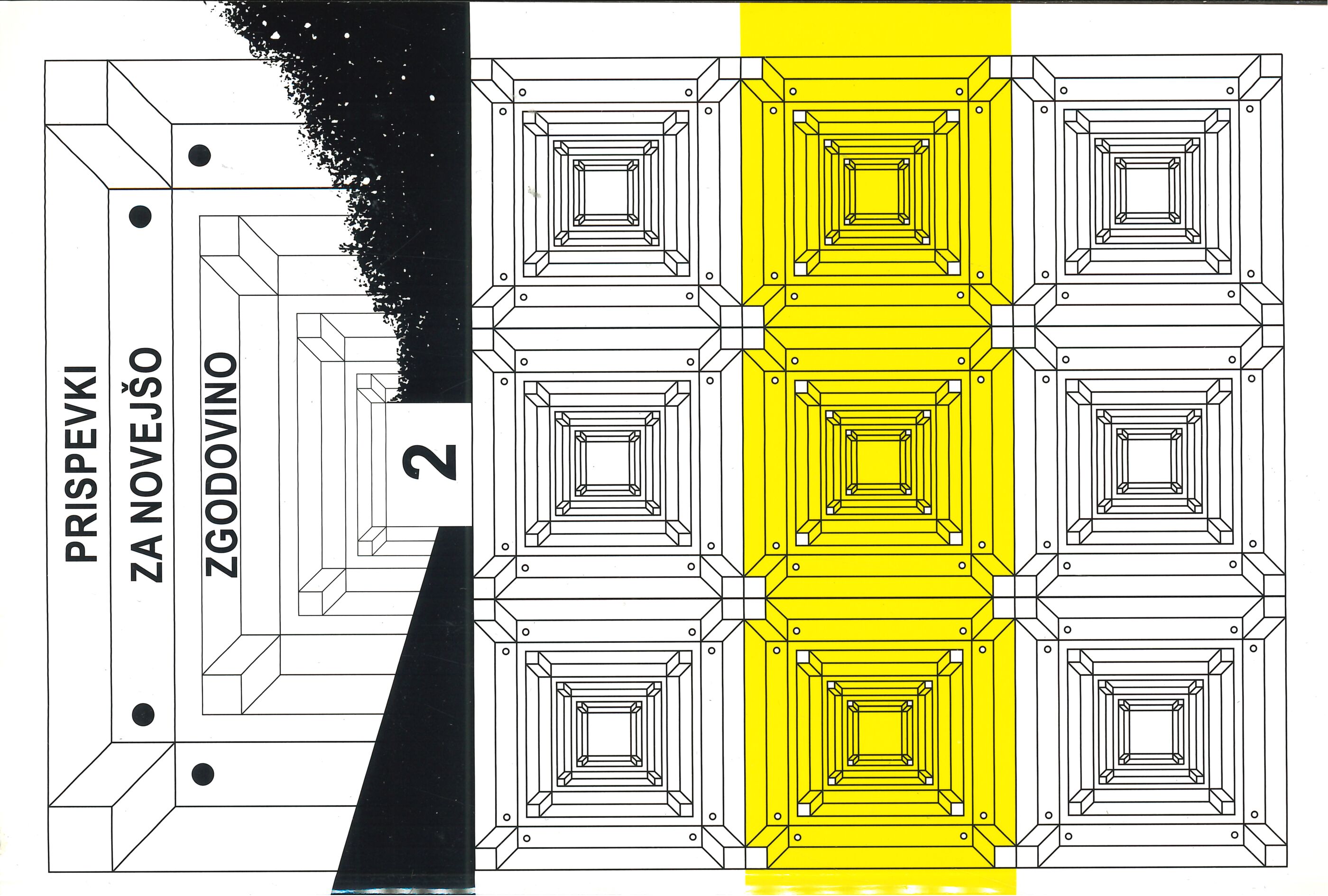Slovenščina in Jugoslovanska ljudska armada
Ključne besede:
Yugoslavia, Slovenia, language policy, Slovenian language, Yugoslav People's Army, language inequality, language of command, Jaka AvšičPovzetek
SLOVENIAN LANGUAGE AND THE YUGOSLAV PEOPLE'S ARMY
Despite the promises from the wartime years, after World War II the new communist authorities in Yugoslavia introduced the use of a single language, Serbian or Serbo-Croatian, in the military matters. The constitution of 1963 even enacted the privileged position of the Serbo-Croatian language. In the debates about the relations between the nations during the 1960s the Slovenian political leadership avoided military discussions and demanded a greater equality of languages in the other areas, but not in the military matters as well. The retired General Jaka Avšič was the first to call for Slovenian military units, which would use the Slovenian language. In April 1969 the resolution on the implementation of the constitutional principles of the equality of languages and scripts was adopted by the Yugoslav Assembly, encouraging even livelier debates about the privileged position of one language and neglect for other languages in the military matters. However, no major changes took place, since the state leadership retained the privileged position of the Serbo-Croatian language in the 1974 Constitution as well and put a stop to the arguments about this issue in the media.
Literatura
Prenosi
Objavljeno
Številka
Rubrika
Licenca
Avtorji prispevkov, objavljenih v tej reviji, soglašajo z naslednjimi pogoji glede avtorskih pravic:
- Avtorji ohranijo avtorske pravice, reviji pa odobrijo pravico do prve objave. Delo se hkrati zaščiti z licenco za prosto uporabo avtorskih del (Creative Commons Attribution License), ki drugim osebam omogoča deljenje dela ob priznanju avtorstva in prve objave v tej reviji.
- Avtorji lahko sklenejo ločene dodatne pogodbene dogovore za neizključno distribucijo različice dela, objavljene v reviji, (npr. oddaja v institucionalni repozitorij ali objava v knjigi) z navedbo, da je bilo delo prvič objavljeno v tej reviji.
- Pred postopkom pošiljanja in med njim lahko avtorji delo objavijo v spletu (npr. v institucionalnih repozitorijih ali na svoji spletnih strani), k čemer jih tudi spodbujamo, saj lahko to prispeva k plodnim izmenjavam ter hitrejšemu in obsežnejšemu navajanju objavljenega dela (glej The Effect of Open Access).


